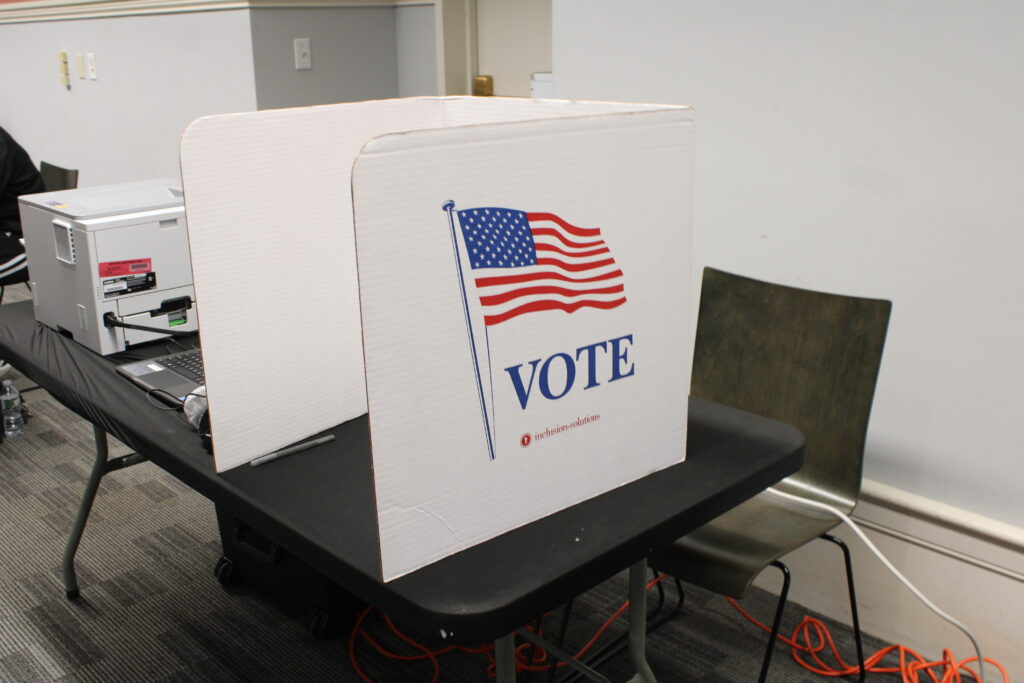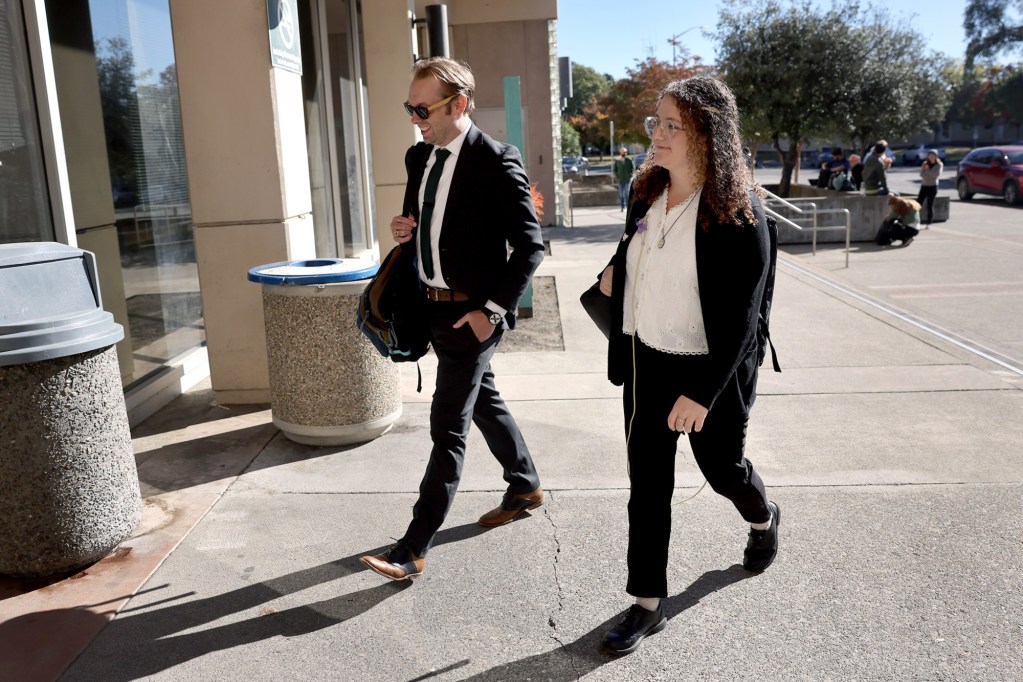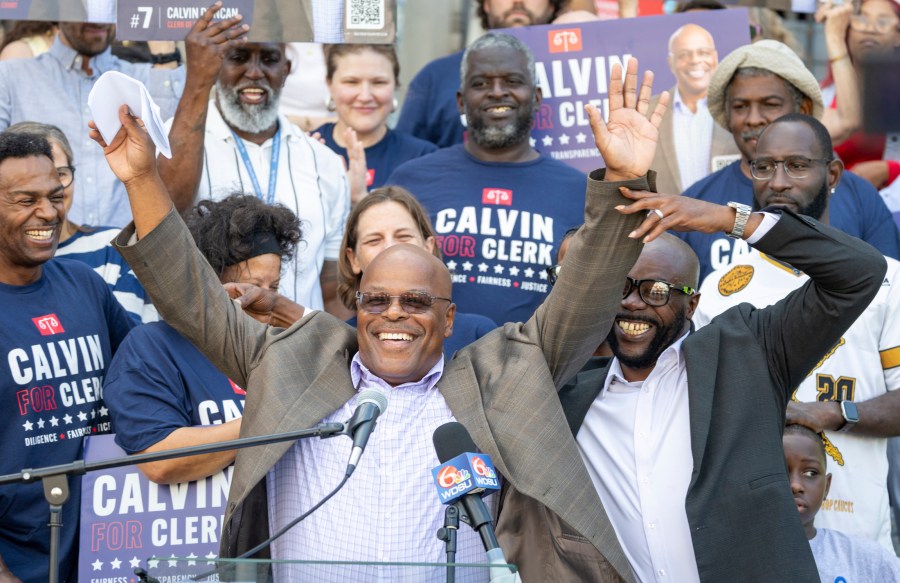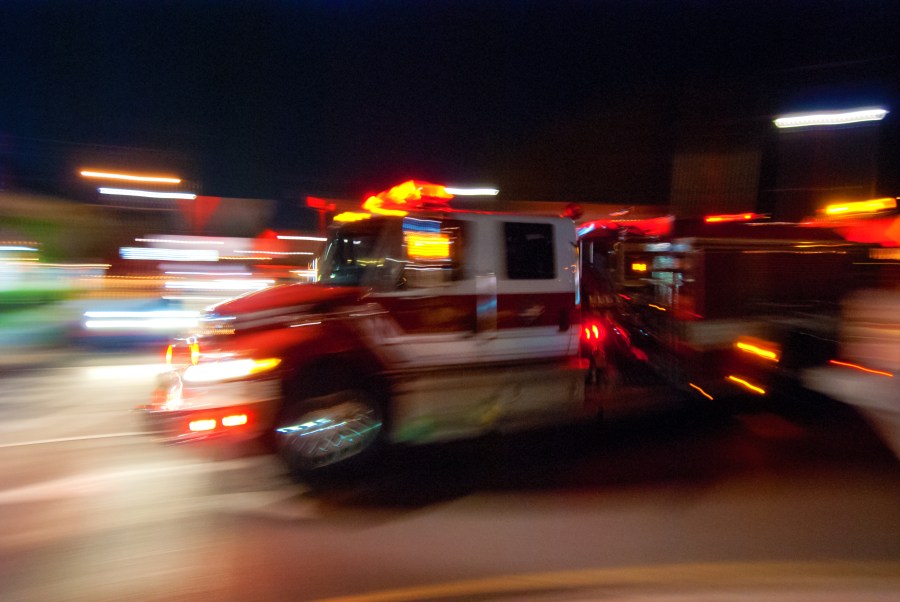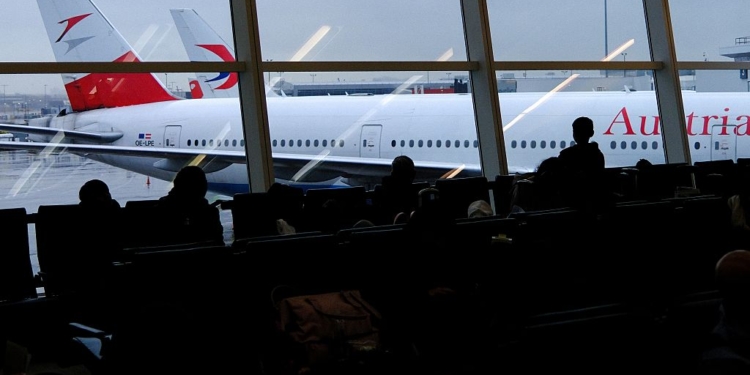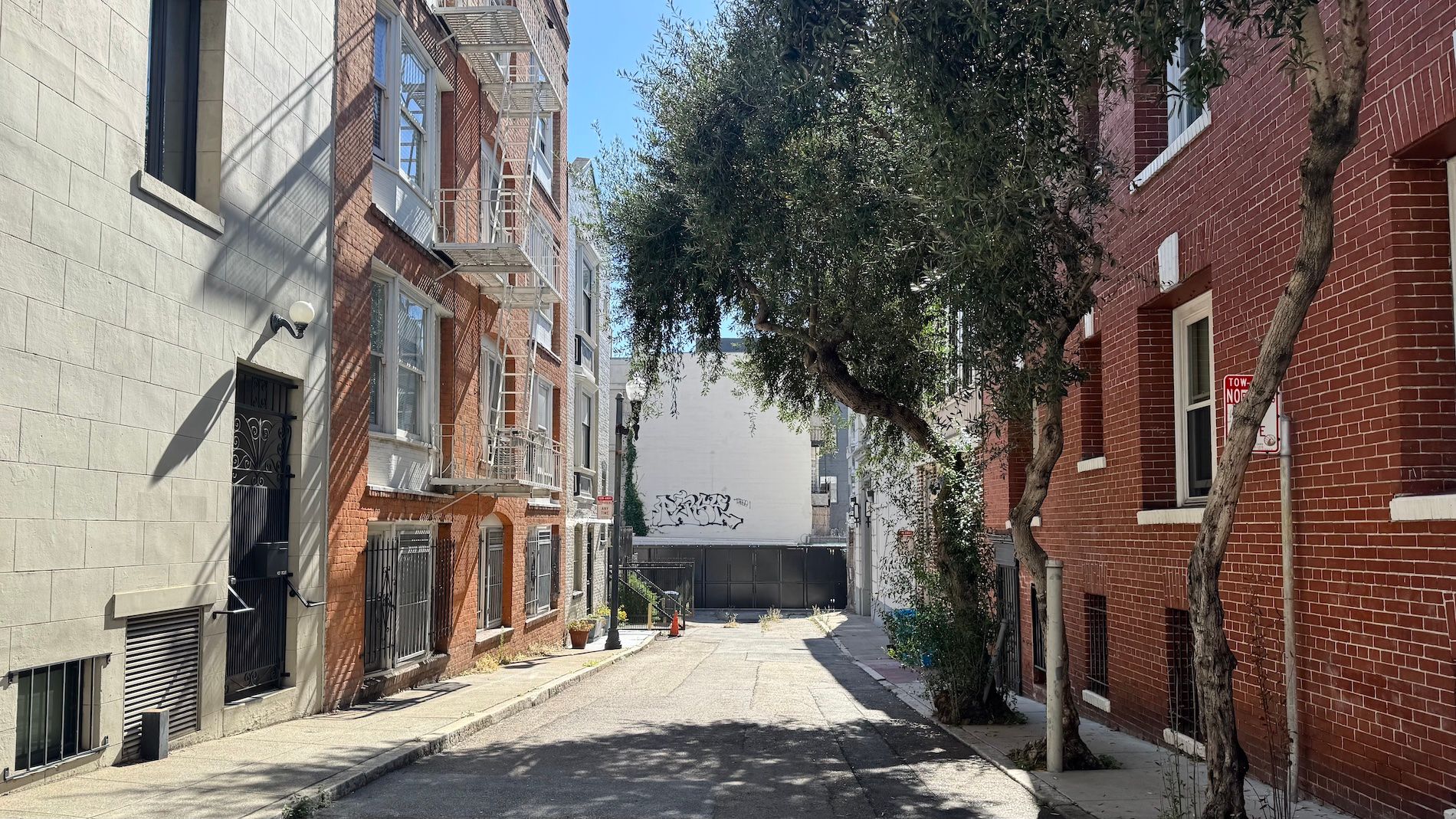UPDATE: New Haven’s municipal elections are heating up, but with only seven of 30 alder seats contested, the competition is minimal. As the city gears up for polling day, just 928 residents have voted early as of Thursday, October 12, 2023, signaling a potentially low turnout in a city where political engagement has waned.
This election cycle marks a significant moment as New Haveners can cast their votes early for the first time. However, experts like Douglas Rae, a Yale political scientist, suggest a lack of excitement surrounding the races. “It’s pretty low-key,” Rae stated, underscoring the comfortable position of incumbent Mayor Justin Elicker, who is running against Republican challenger Steve Orosco.
Experts predict that major upsets are unlikely, with Rae noting, “A mayor has got to really screw up to make it a worthwhile task to go after him and defeat him.” Voter turnout in past municipal elections has been closely tied to the intensity of the mayoral race, with just 24.5% of eligible voters participating in 2023, up slightly from 23% in 2021.
The political atmosphere in New Haven is characterized by an entrenched Democratic control, leading to predictability in electoral outcomes. Patricia Rossi, president of the New Haven League of Women Voters, emphasized that this lack of competition contributes to disinterest among voters. “The big reason why the turnout is so low is because none of the races are considered particularly competitive,” she explained.
Despite an increase of over 17% in active voters since the last cycle, the enthusiasm appears muted. New Haven currently boasts 61,764 active voters, the highest in a decade. Yet, only three of the seven contested alder races feature incumbents facing challengers, with the remaining contests showing little dynamic engagement.
Rossi lamented the lack of understanding among residents regarding the stakes of municipal elections. “Who the mayor is, who your alder is, affects whether there’s going to be a park, whether there’s going to be a bus that stops in front of your door,” she noted. This disconnect may explain why many residents feel their votes have little impact, leading to apathy.
Amidst a backdrop of issues like housing, public safety, and education, Rae highlighted that discussions around local development and zoning regulations remain tepid. “Debate over zoning and other regulations for the downtown business district is very much alive,” he said, hinting at underlying tensions that could emerge as election day approaches.
While New Haven’s political landscape seems stagnant, it contrasts sharply with suburban towns where turnout often exceeds 50%. This disparity raises concerns about accessibility and engagement in urban voting compared to smaller communities. Rossi pointed out that cities often face logistical challenges, particularly for residents without cars.
As Election Day approaches, the looming presence of Donald Trump continues to shape local narratives. Elicker’s campaign has actively contrasted his values with Trump’s, emphasizing his commitment to “standing up” against the former president’s policies. This dynamic, while not directly affecting the ballot, underscores a heightened political climate that could influence voter sentiment.
Despite the quiet nature of this election, underlying concerns about gentrification and rising property taxes threaten to boil over, as many residents feel their cherished community aspects are at risk. “There is grave concern about what we want to see in New Haven,” Radcliffe added, reflecting the anxieties that could mobilize voters if adequately tapped into.
As New Haven prepares for its elections, the question remains: will a lack of competitive races lead to continued low turnout, or will the issues that matter most to residents spark increased engagement?
Stay tuned as we continue to bring you the latest developments in New Haven’s municipal elections.

